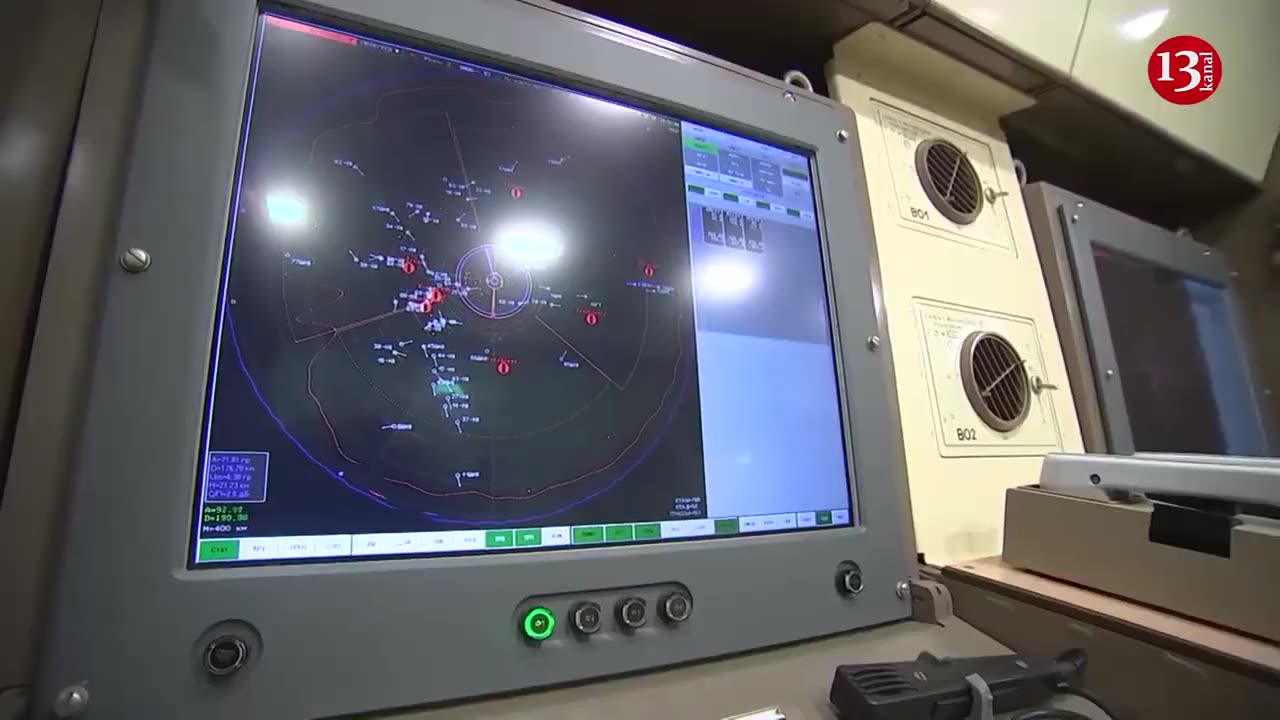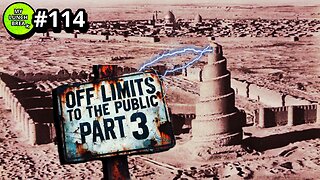Premium Only Content

Russia is skirting NATO's red line, representatives of the alliance become a military target
Russia's alleged satellite signal jamming of a military aircraft carrying the British defense minister would—if confirmed—be Moscow's latest flirtation with a hard NATO red line; the safety of allied leaders.
According to Newsweek, Grant Shapps was returning from a visit to observe NATO military drills in Poland, when interference occurred close to the Russian Baltic exclave of Kaliningrad, a strategic and heavily militarized location known as an electronic warfare hub.
The interference lasted around 30 minutes, blocking cell and internet connection and forcing the aircraft to revert to alternative location technologies.
An unnamed British Defense Ministry source told The Times that the Royal Air Force is "well prepared to deal with this," but suggested such measures put "an unnecessary risk on civilian aircraft and could potentially endanger people's lives." The incident, the source added, was "wildly irresponsible on Russia's part."
However, British Prime Minister Rishi Sunak's spokesperson downplayed concerns.
"It didn't threaten the safety of the aircraft and it is not unusual for aircraft to experience GPS jamming near Kaliningrad, which is of course Russian territory," they said.
The Shapps incident is not the first, nor even the most serious, occasion on which a NATO member minister has potentially been endangered by Russian military activity. Just last month, a Russian missile struck Odessa while Greek Prime Minister Kyriakos Mitsotakis was visiting the port city with Ukrainian President Volodymyr Zelensky.
The missile fell somewhere between 700 and 1,600 feet of the Greek leader, according to multiple reports.
Killing or wounding a NATO leader would not automatically trigger the alliance's Article 5 collective defense clause. While allies "agree that an armed attack against one or more of them in Europe or North America shall be considered an attack against them all," members must agree to invoke Article 5.
NATO's founding document notes that any military assistance must be given "in accordance with their respective constitutional processes," meaning the agreement of national decision-making bodies.
-
 27:57
27:57
MYLUNCHBREAK CHANNEL PAGE
10 hours agoOff Limits to the Public - Pt 3
9.02K17 -
 38:07
38:07
Michael Franzese
2 hours agoLeaving Organized Crime and Uncovering Mob in Politics: Tudor Dixon and Michael Franzese
10.1K4 -
 LIVE
LIVE
Jewels Jones Live ®
1 day agoAMERICA IS BACK | A Political Rendezvous - Ep. 111
1,764 watching -
 LIVE
LIVE
Due Dissidence
1 day agoLIVE: Workers Strike Back Conference ft. Chris Hedges, Jill Stein, Kshama Sawant, and More!
1,603 watching -
 8:36:37
8:36:37
Right Side Broadcasting Network
5 days agoLIVE REPLAY: CPAC 2025 Day Three with President Donald J. Trump - 2/22/25
271K84 -
 1:05:34
1:05:34
The Big Mig™
10 hours agoConfirmed Kash Patel New FBI Director, Bring On The Pain |EP483
37.9K13 -
 53:59
53:59
Tactical Advisor
6 hours agoThe Vault Room Podcast 009 | Everyone Getting $5000?!
37.5K7 -
 2:04:44
2:04:44
TheAlecLaceShow
17 hours agoLive at CPAC | Interviews with Dean Cain, Rep. Comer and more! | The Alec Lace Show
51.2K3 -
 LIVE
LIVE
Major League Fishing
3 days agoLIVE Tackle Warehouse Invitationals, Stop 1, Day 2
196 watching -
 3:12:37
3:12:37
I_Came_With_Fire_Podcast
14 hours agoNOC Spy: CIA uses SATANIC RITUAL ABUSE to make SLEEPER Cells
38.9K9